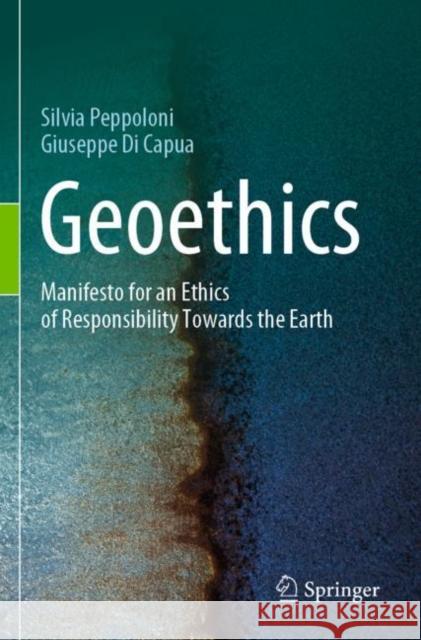Geoethics » książka
topmenu
Geoethics
ISBN-13: 9783030980467 / Angielski / Miękka / 2023
Geoethics
ISBN-13: 9783030980467 / Angielski / Miękka / 2023
cena 140,86
(netto: 134,15 VAT: 5%)
Najniższa cena z 30 dni: 134,90
(netto: 134,15 VAT: 5%)
Najniższa cena z 30 dni: 134,90
Termin realizacji zamówienia:
ok. 22 dni roboczych.
ok. 22 dni roboczych.
Darmowa dostawa!
Kategorie:
Kategorie BISAC:
Wydawca:
Springer Nature Switzerland AG
Język:
Angielski
ISBN-13:
9783030980467
Rok wydania:
2023
Oprawa:
Miękka
Dodatkowe informacje:
Wydanie ilustrowane











